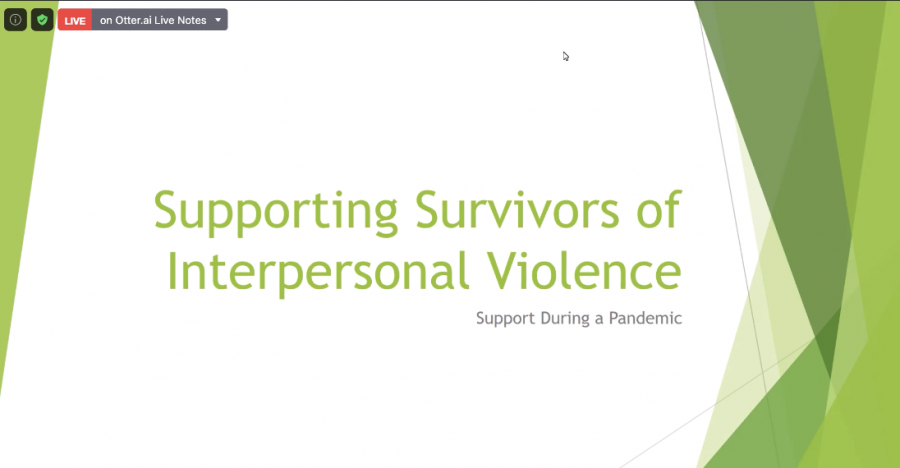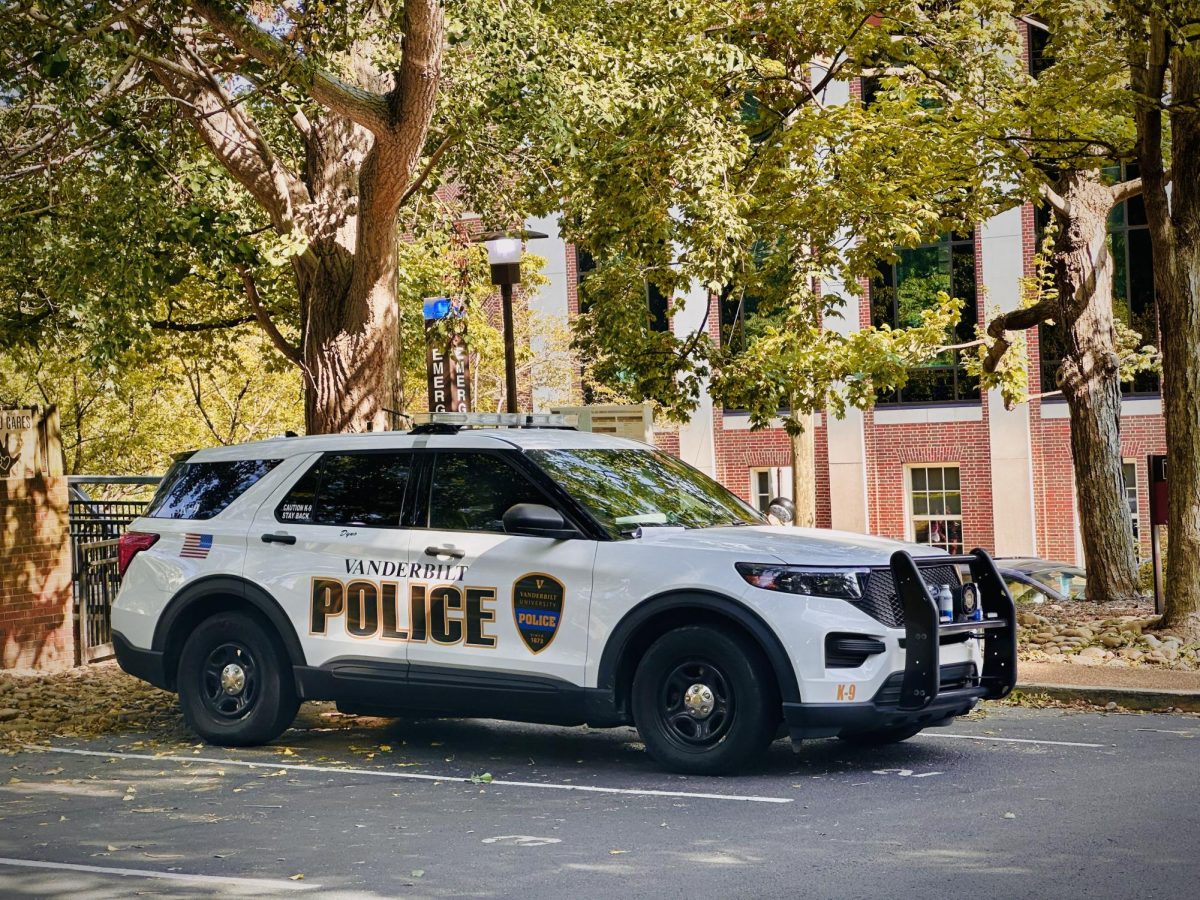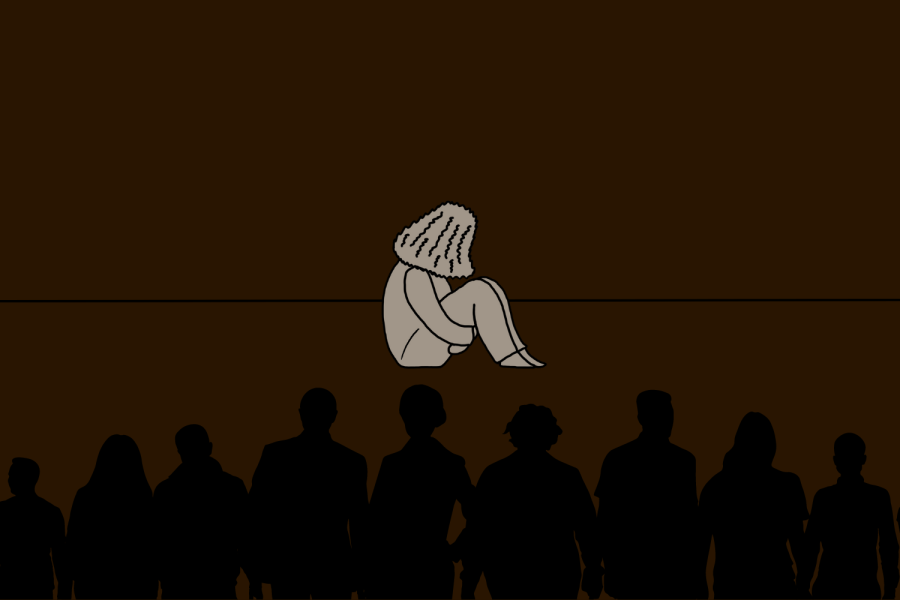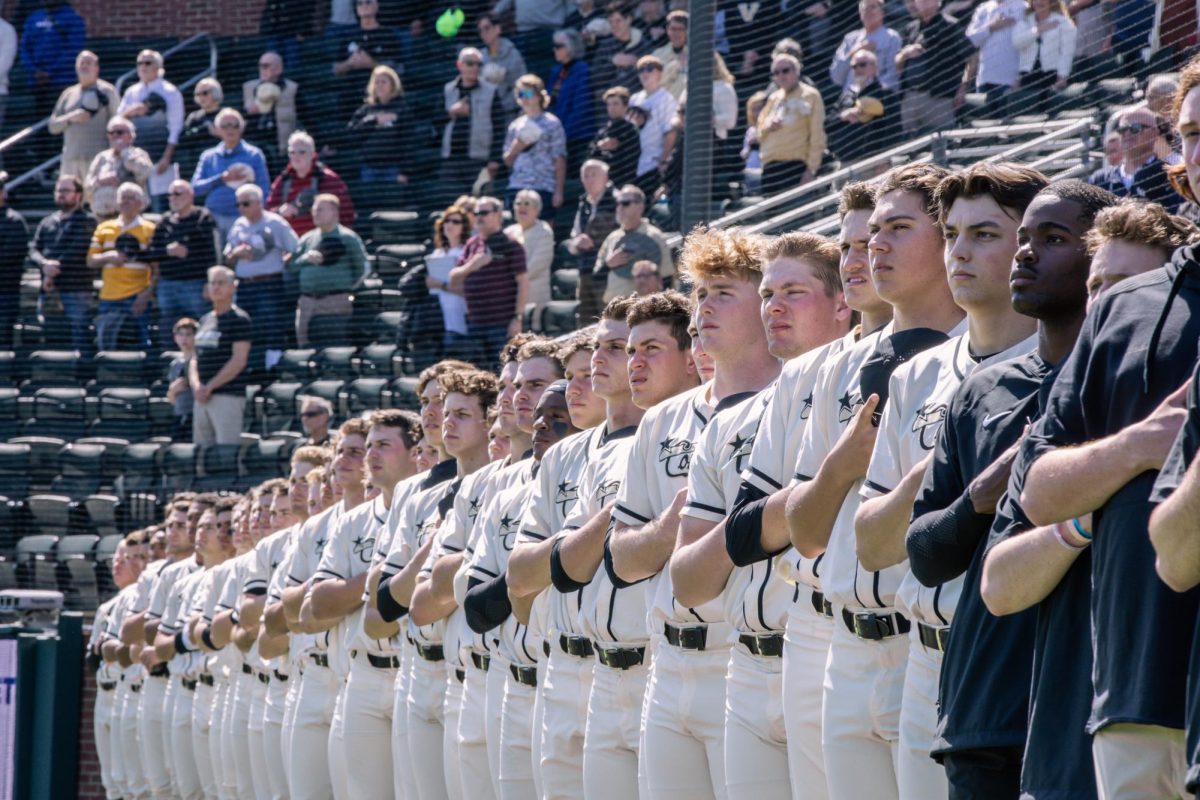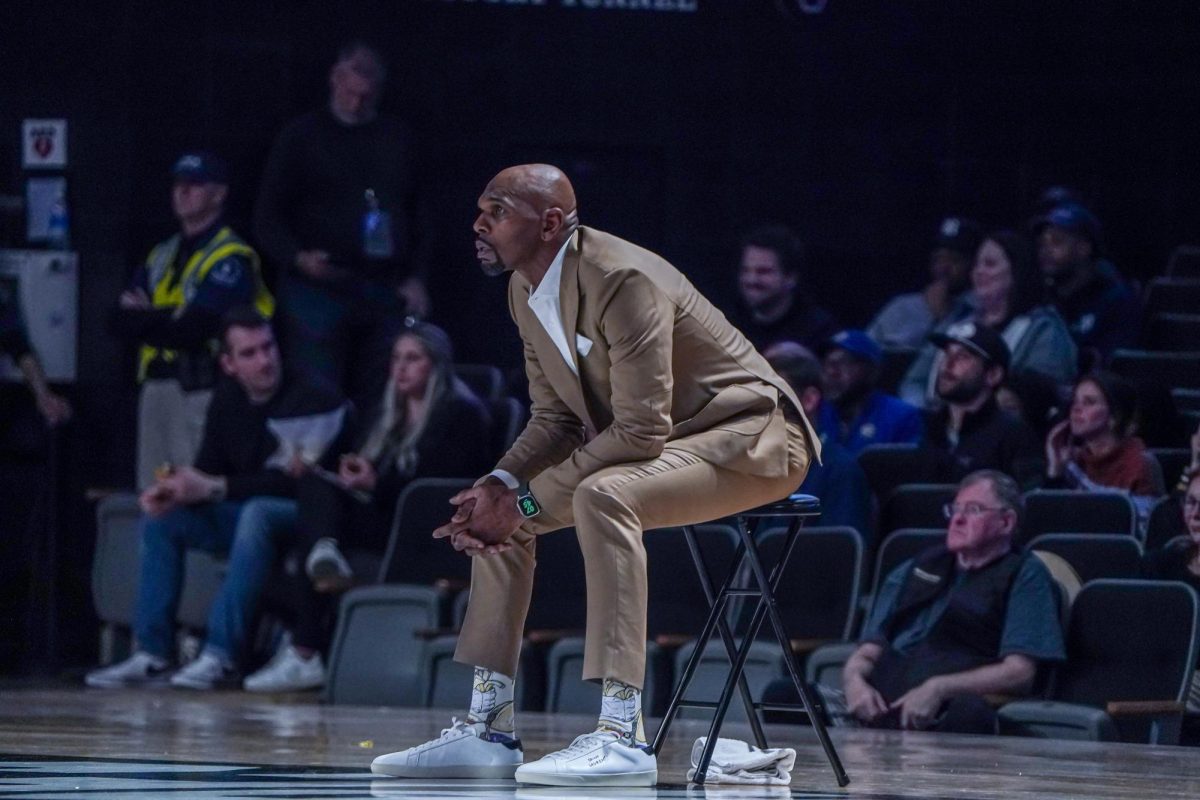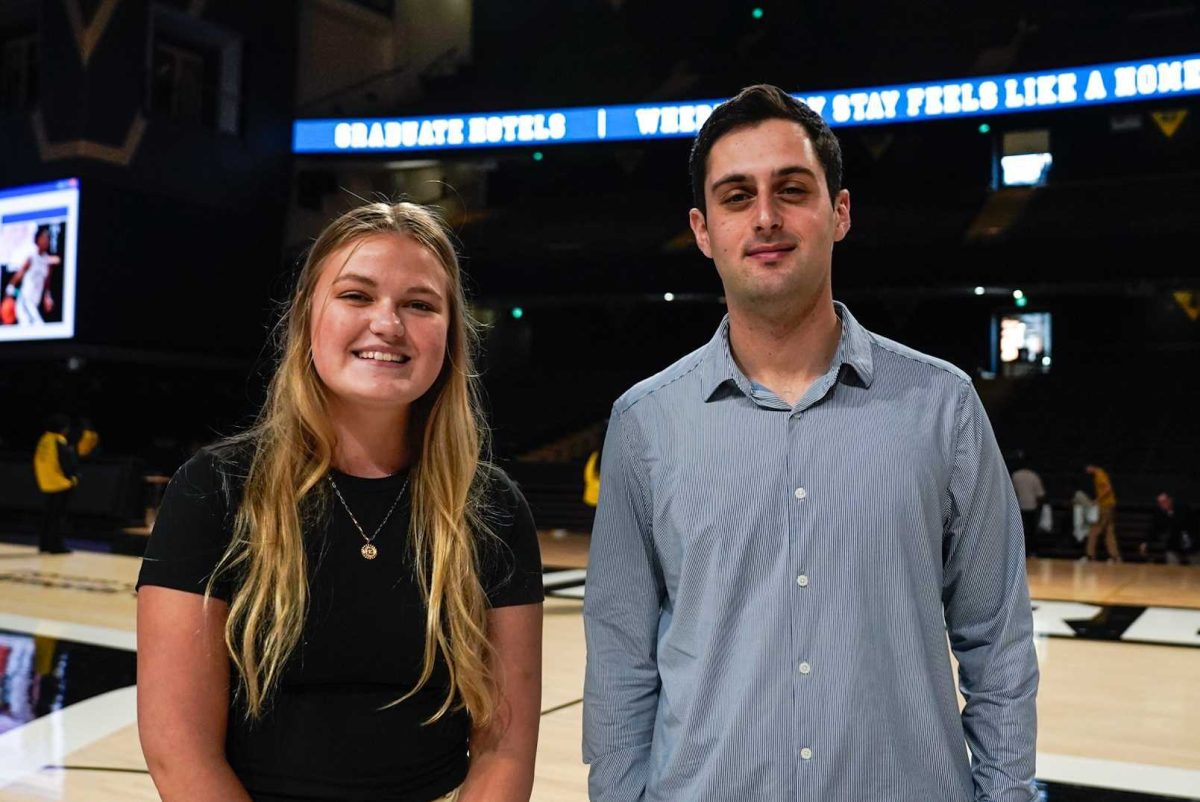Project Safe is hosting a series of virtual programs during Domestic Violence Awareness Month to allow Vanderbilt students access to information and resources surrounding domestic violence.
The first event of this series is titled“ Supporting Survivors in a Pandemic,” which was held Oct. 5. Project Safe will be hosting four more events throughout the month, all made available to students through AnchorLink. These events are all centered around the history of domestic violence awareness and providing resources for students to help victims. The next one on Oct. 13 is called “The History of Domestic Violence Awareness Month” and can be accessed through AnchorLink.
The session was led by Project Safe Prevention Educator and Victim Resource Specialist Otis McGreshan. He identified that the underlying goal of the session was to help people understand why violence occurs so that they can better support victims.
“The better we can understand peoples’ perspective and why they make the choices that they do—why they exist in the ways that they do authentically—the better we can connect to them and supportive people in their lives and hopefully create a space they feel that they are supported,” McGreshan said during the session.
McGreshan started the program with a close-up image of something red but not easily recognizable. Attendees were then asked to guess what the object was, but the answer was not revealed to them until after the cycle of domestic violence was explained. McGreshan then showed the same image zoomed out, and it was clearly recognizable as a Coca-Cola bottle.
“The reality is we don’t get the full picture when we talk about intimate partner violence,” McGreshan said.
The analogy served to inform students that oftentimes people trying to support victims are only given a glimpse of the situation, but that shouldn’t dissuade them from checking in on the people in their lives.
McGreshan acknowledged that approaching people in our lives suffering from domestic violence can be difficult as there is the possibility that the person will choose to stay in that relationship. However, he assures that efforts to support friends and frequent check-ins are meaningful and serve as a counter-narrative to the violence they are experiencing.
“We at Project Safe are survivor centered and trauma informed in everything that we do and that is what we would encourage you to do as well,” McGreshan said. “That’s going to give them the grace, give them the autonomy, give them the space to exist in a way and make choices in a way that align with what they feel is best for them.”
COVID-19 offers its own set of unique obstacles in the realm of domestic violence, both for the victims and for those trying to support victims. There is less access to support and increased stress caused by unemployment and health concerns, which are all exacerbated by more physical time spent with intimate partners and physical isolation from others, per McGreshan.
Even with the added challenges the pandemic presents, McGreshan tells students to stick to the same strategies: listen, know your role and connection to that person, check-in frequently and to use the resources available for support.
“When you’re under the same roof all day, every day, that becomes wearing,” McGreshan said. “The lack of having an identity outside that relationship or outside of that space makes that stress even more.”











